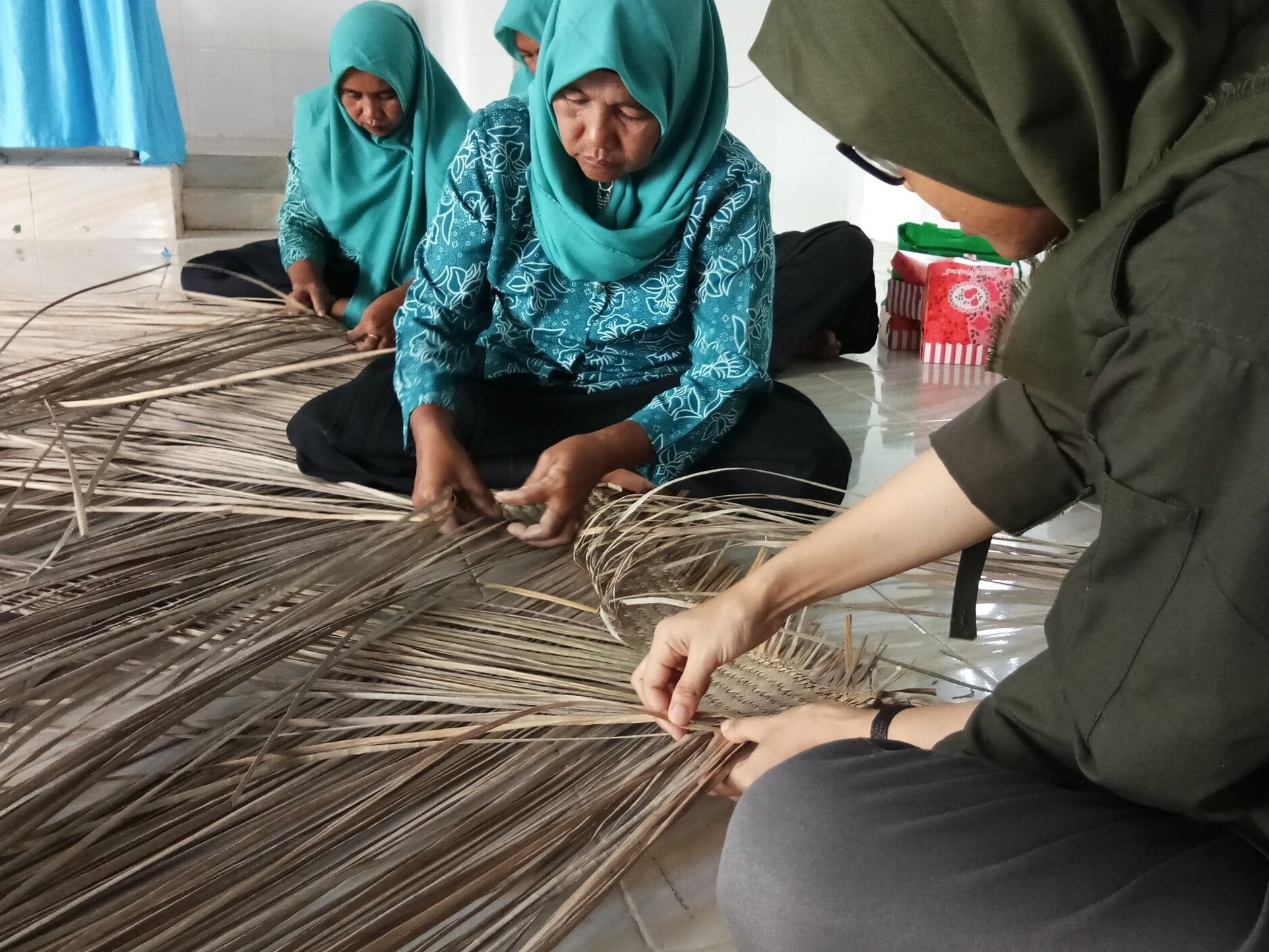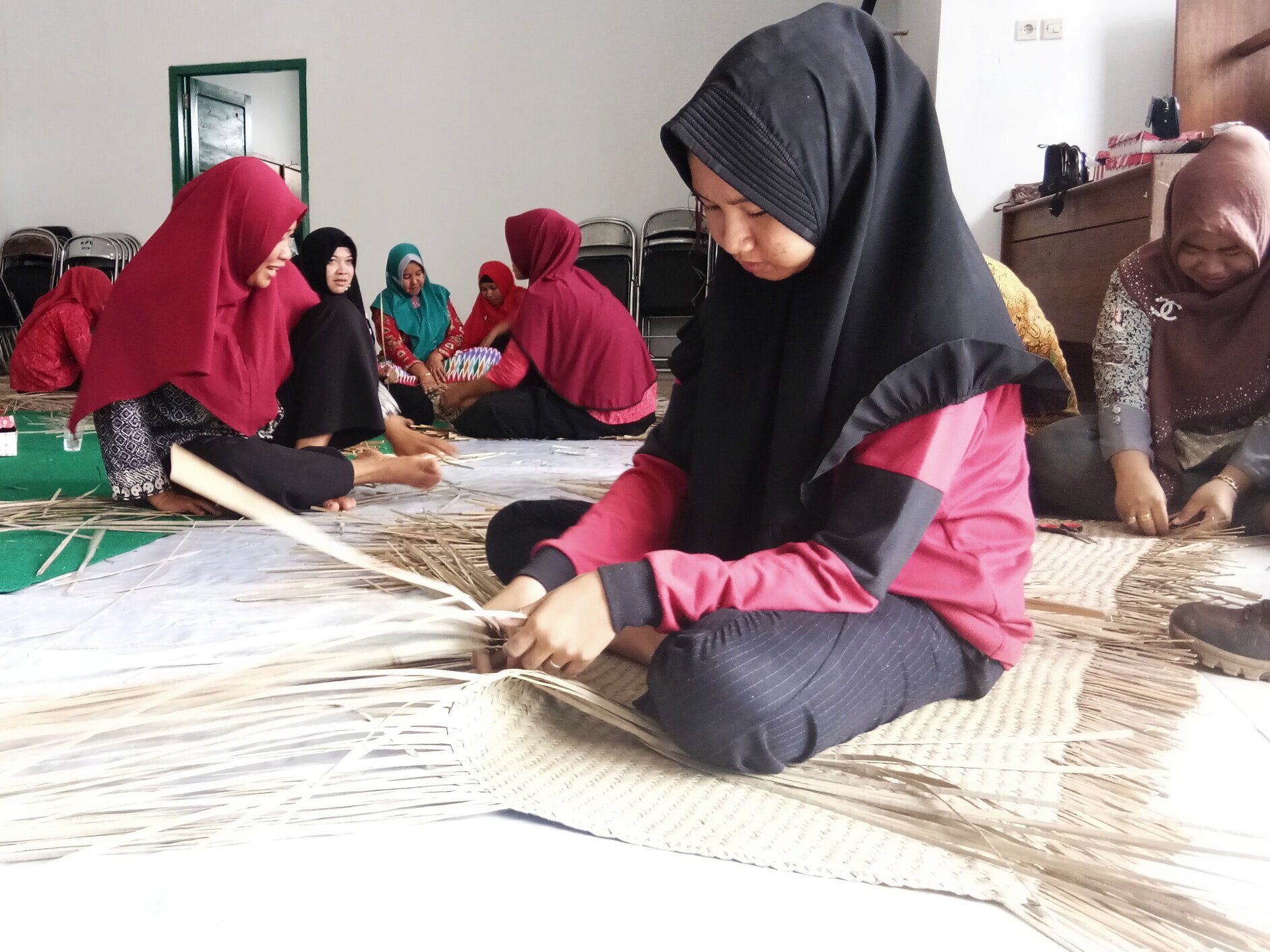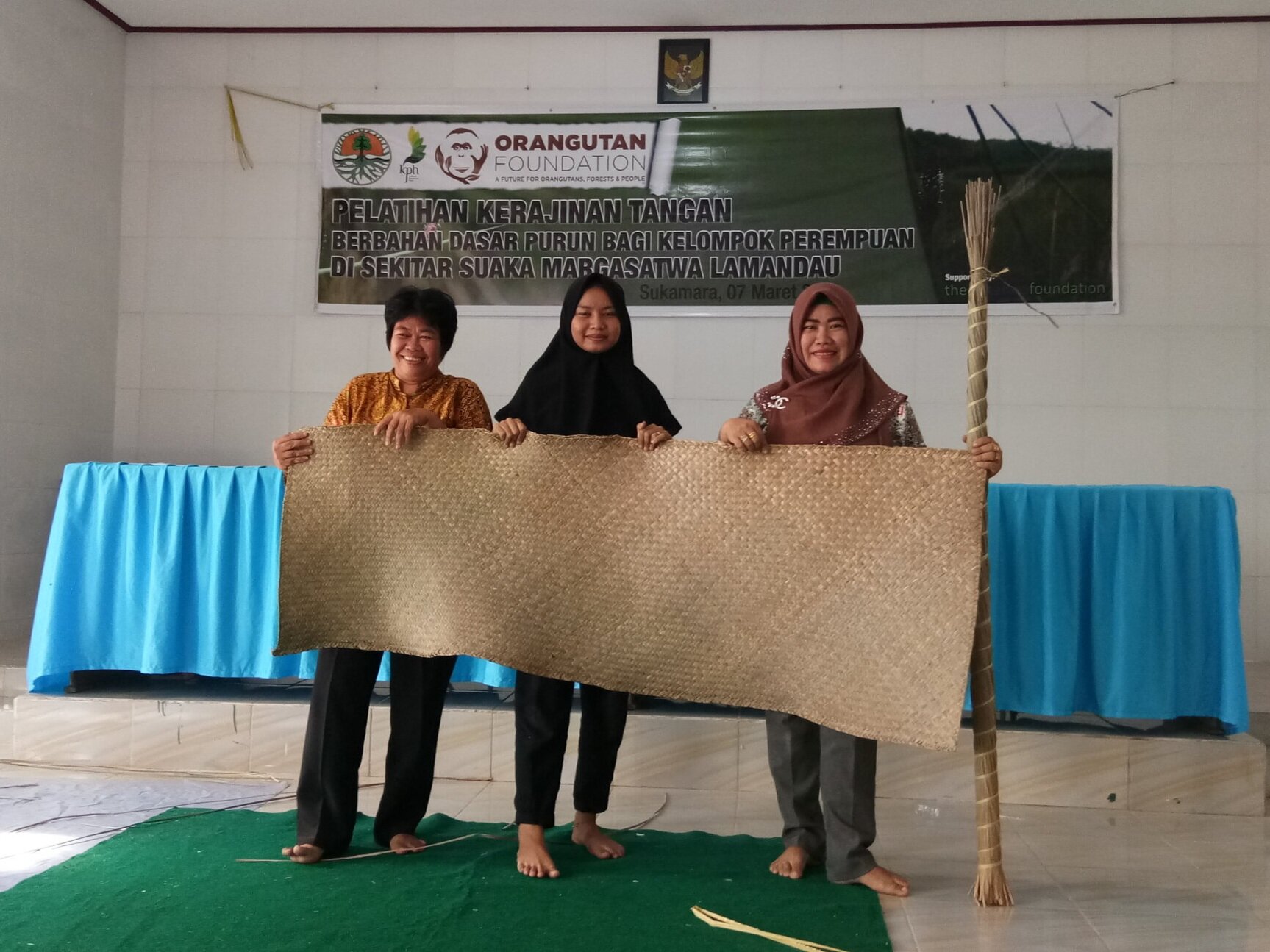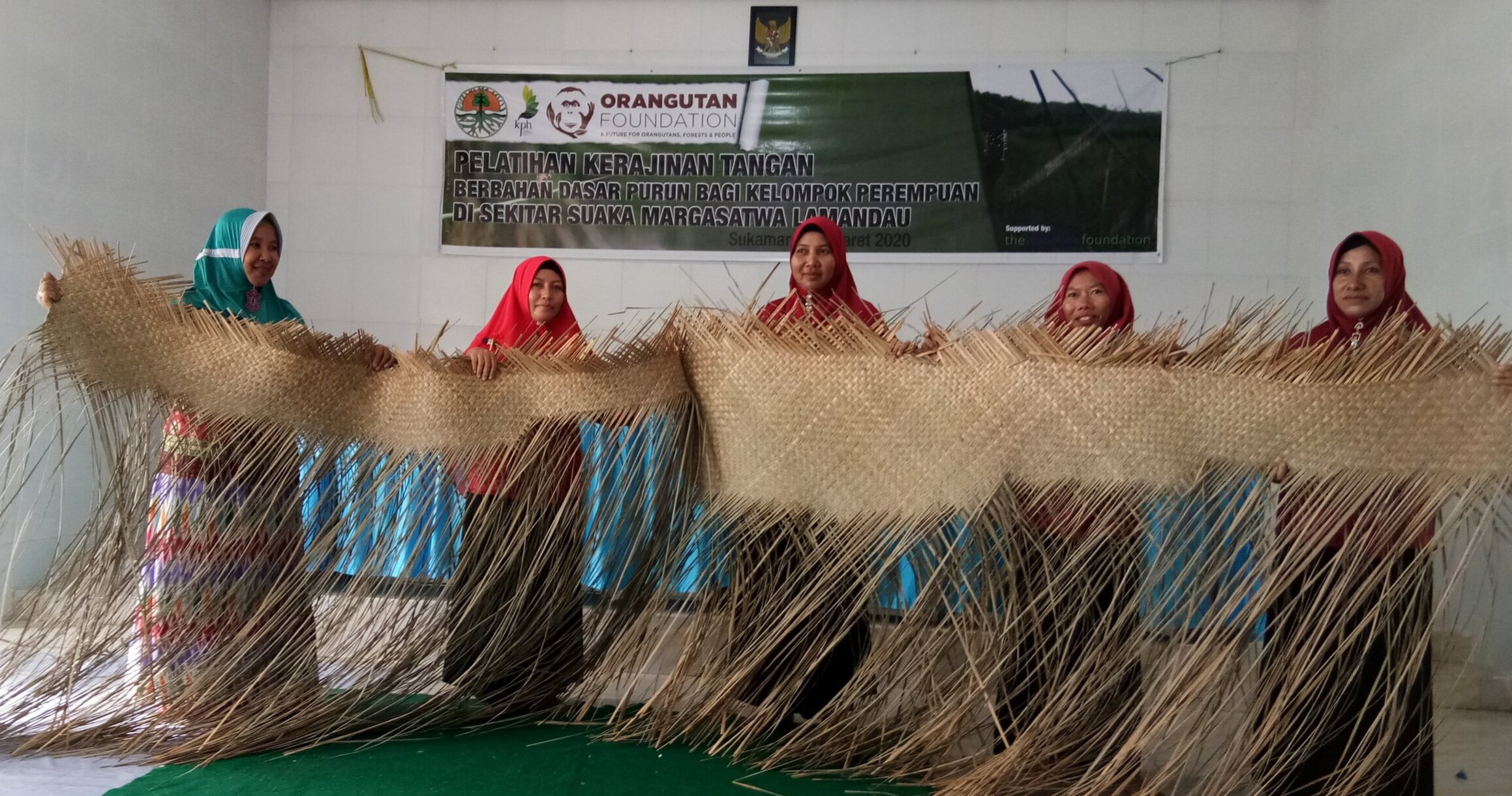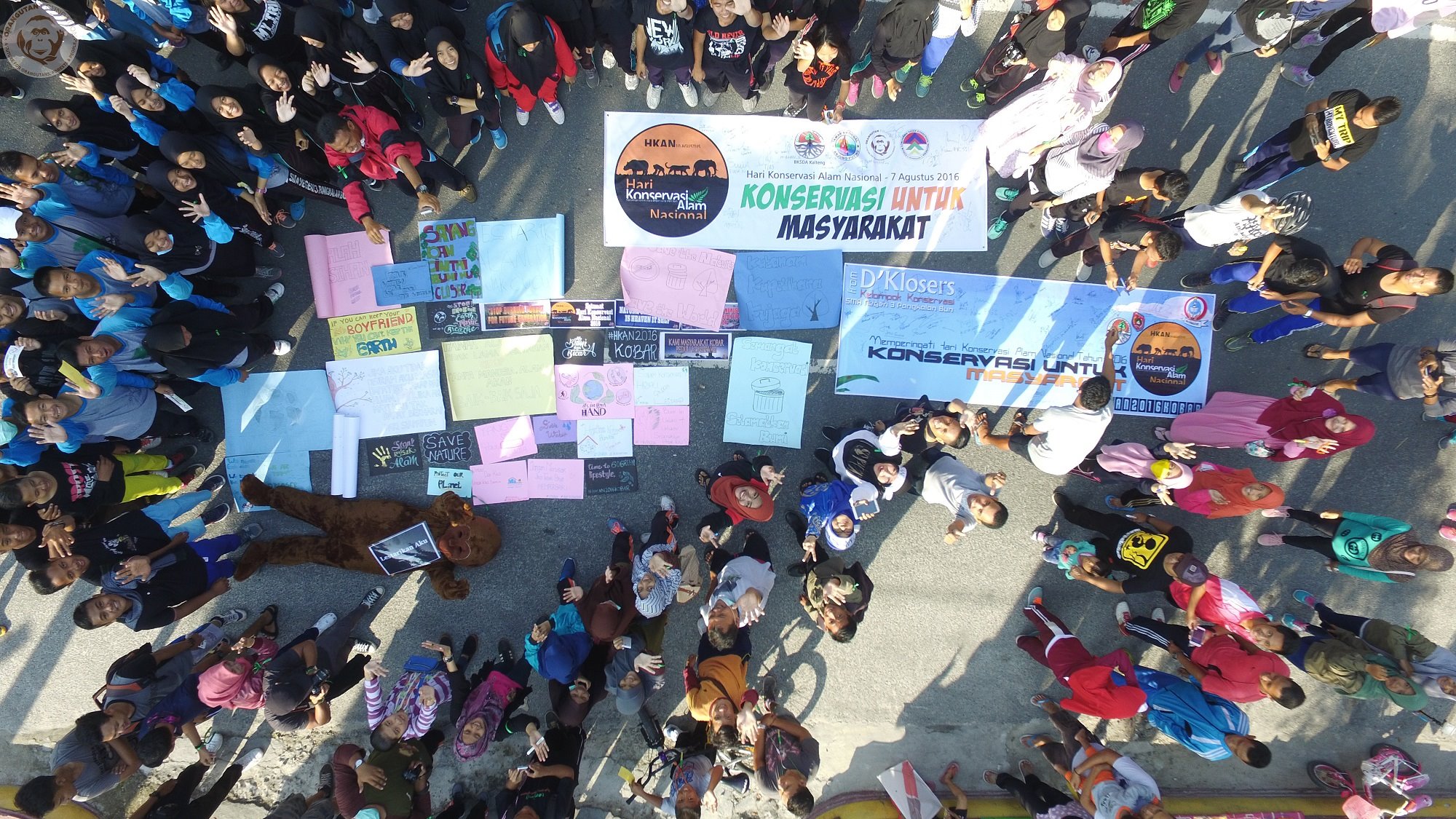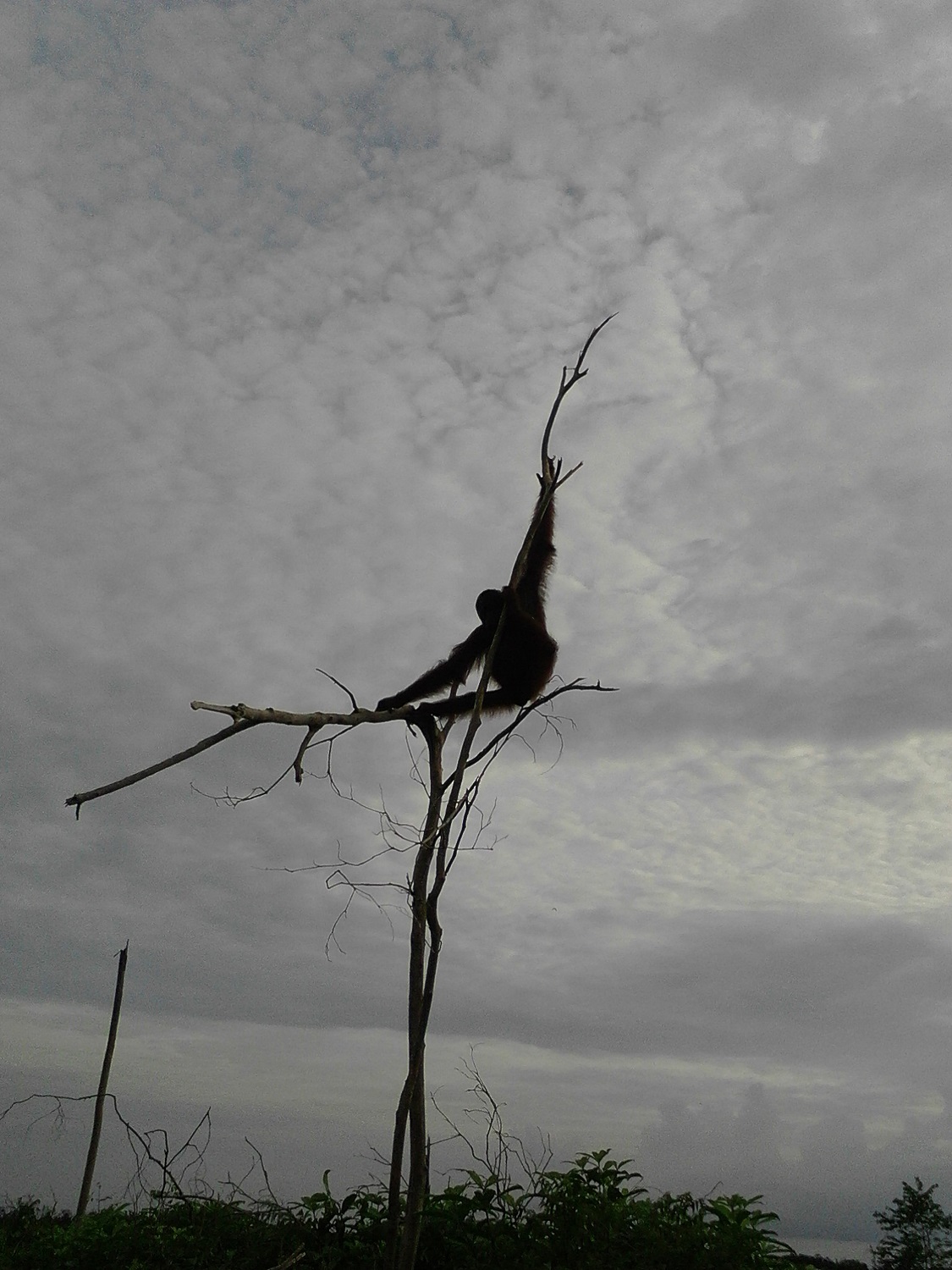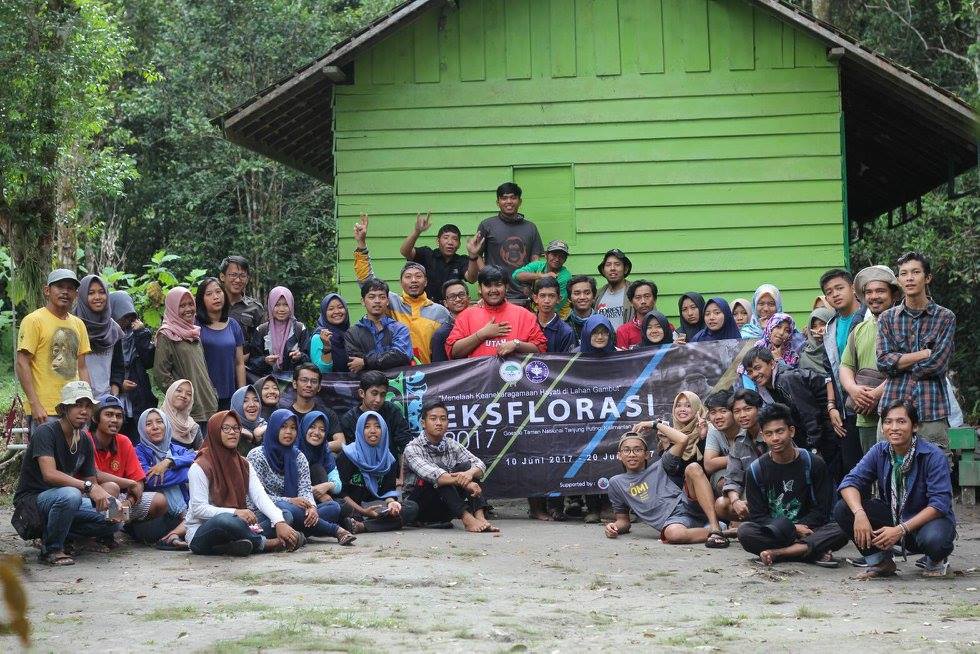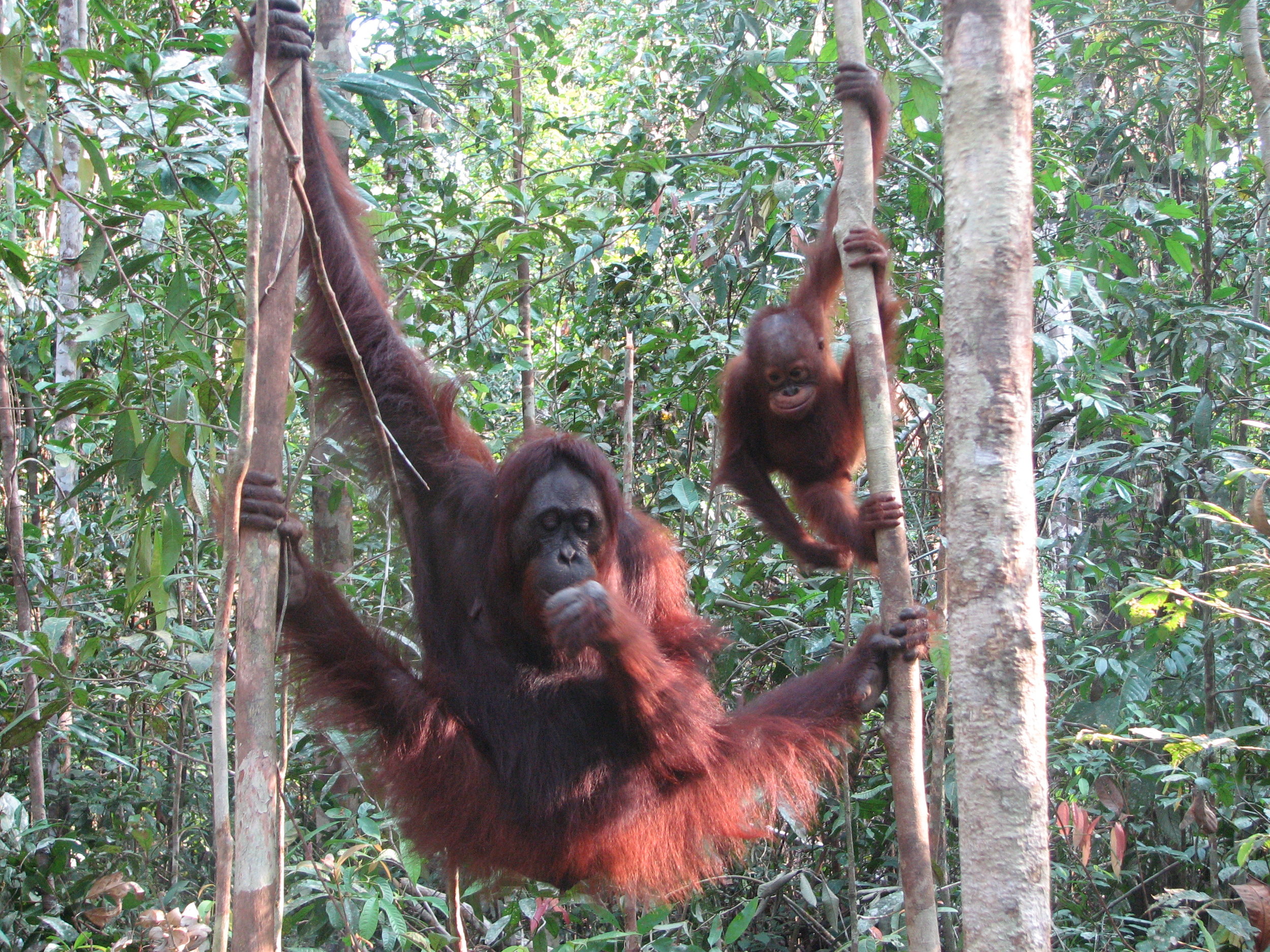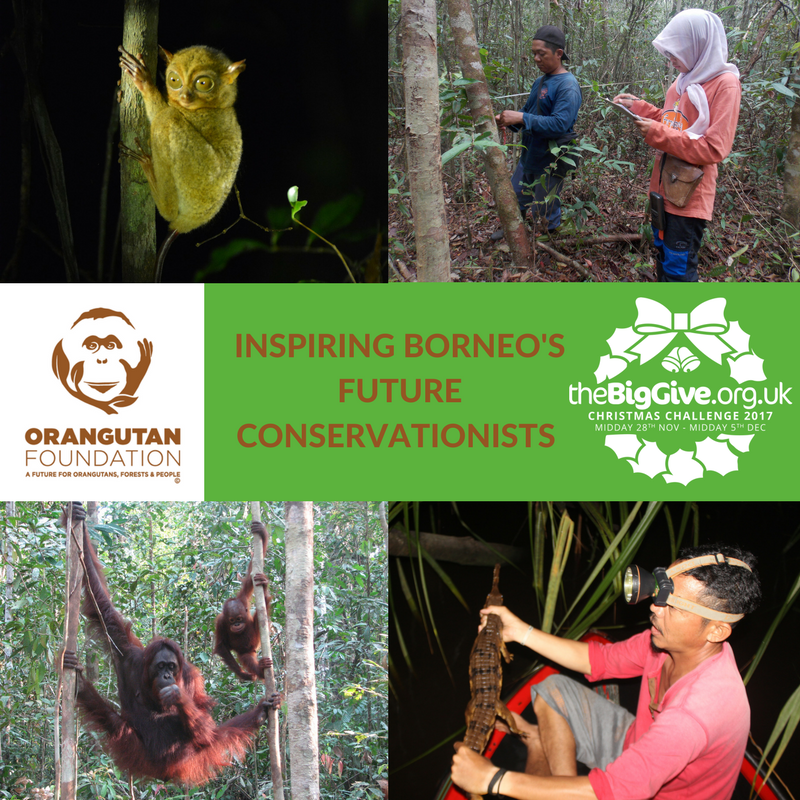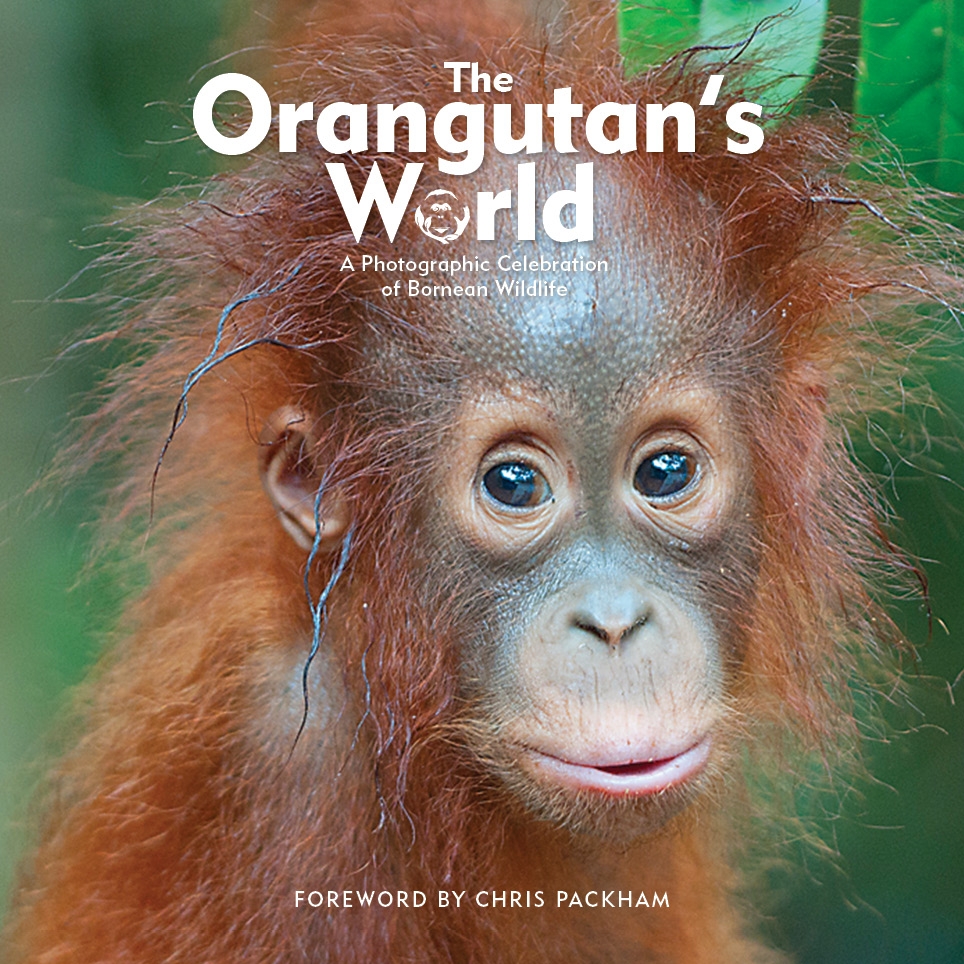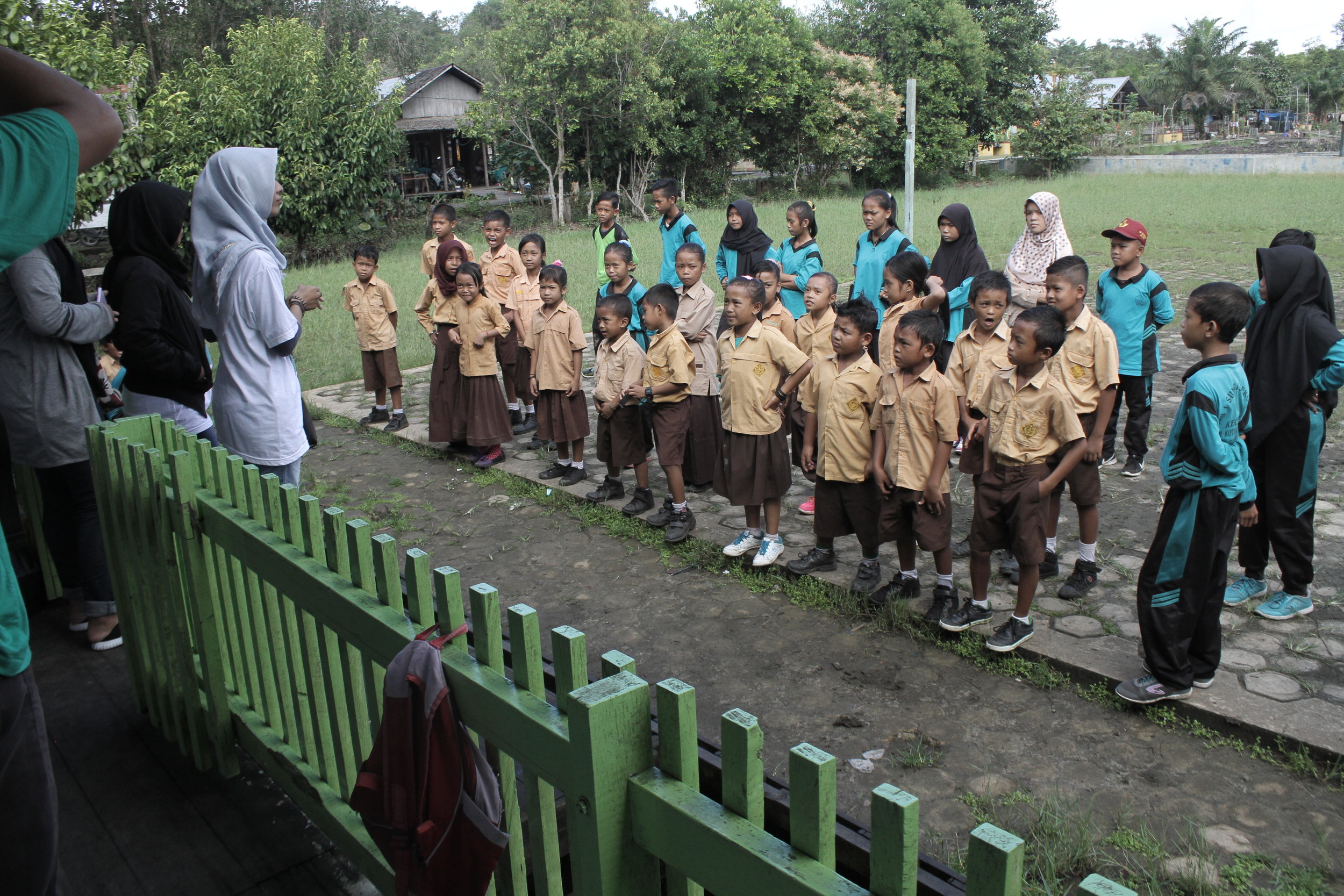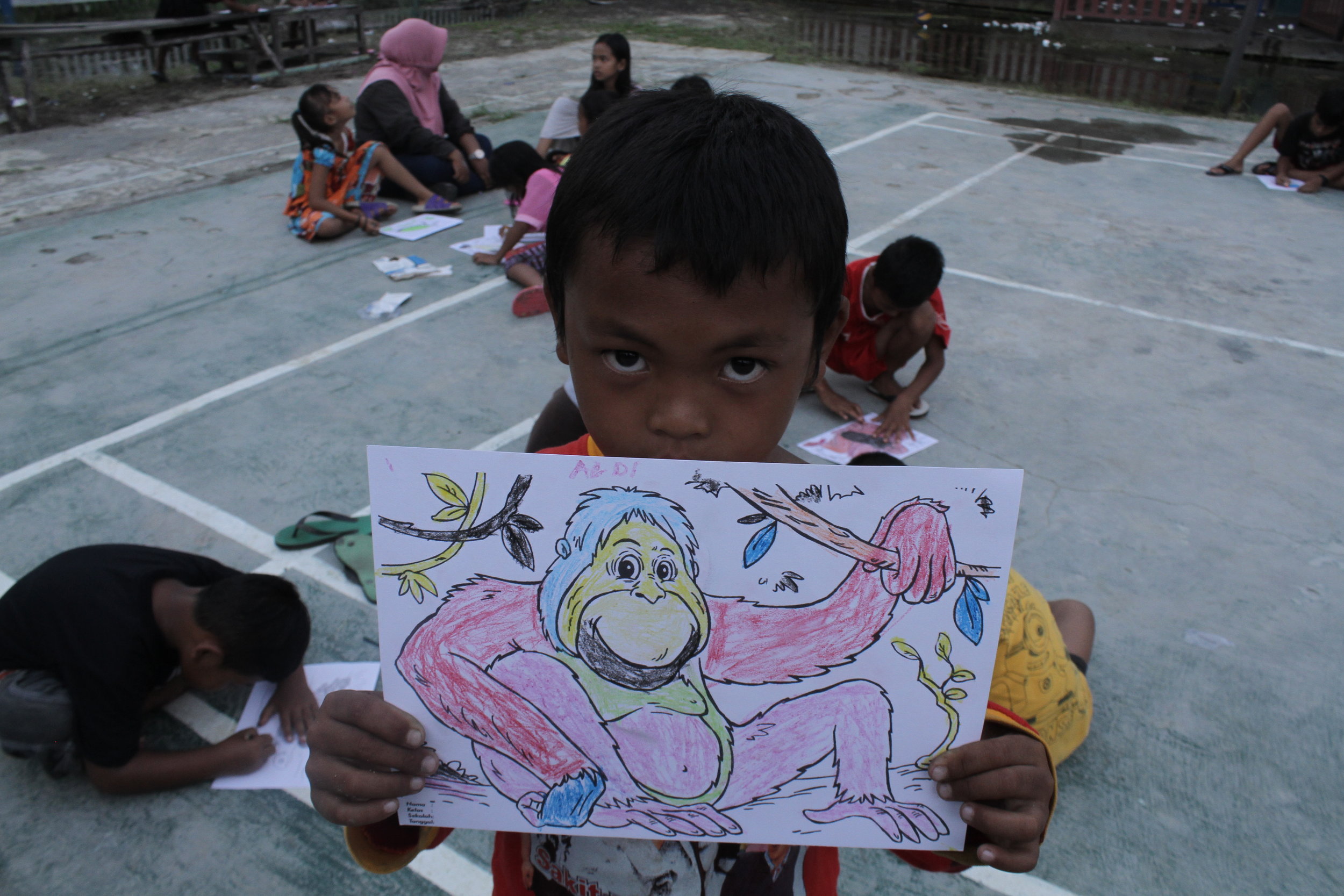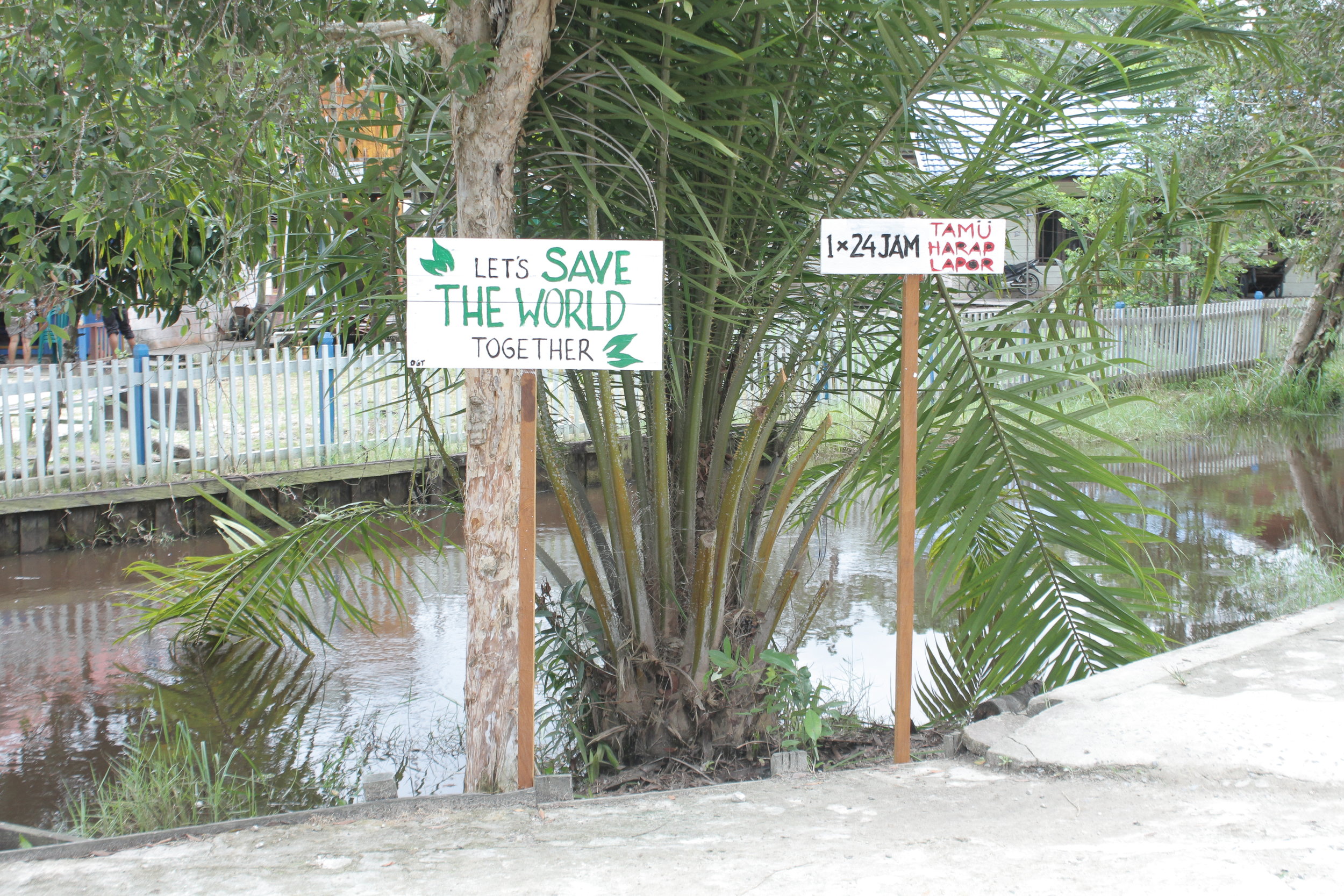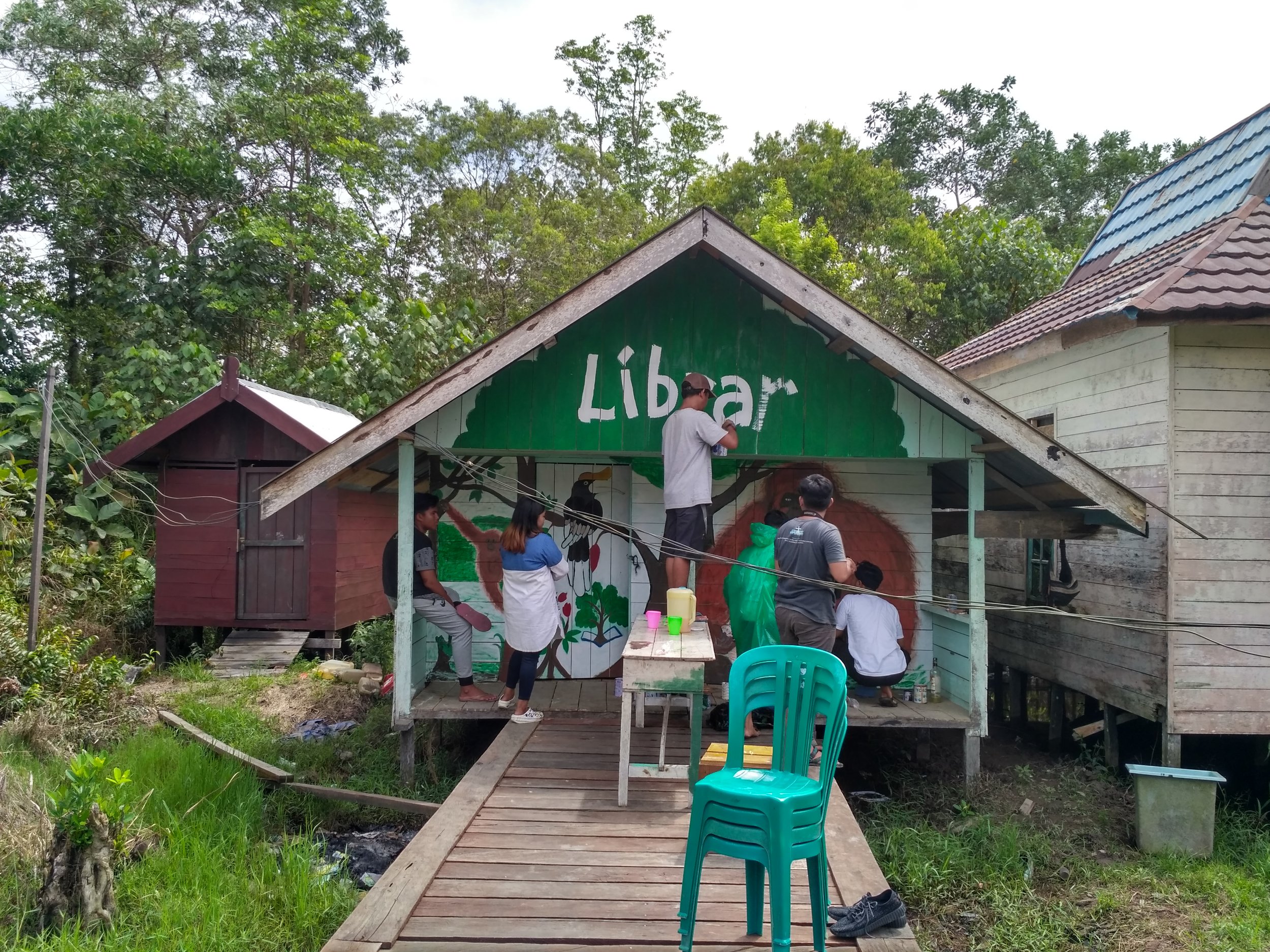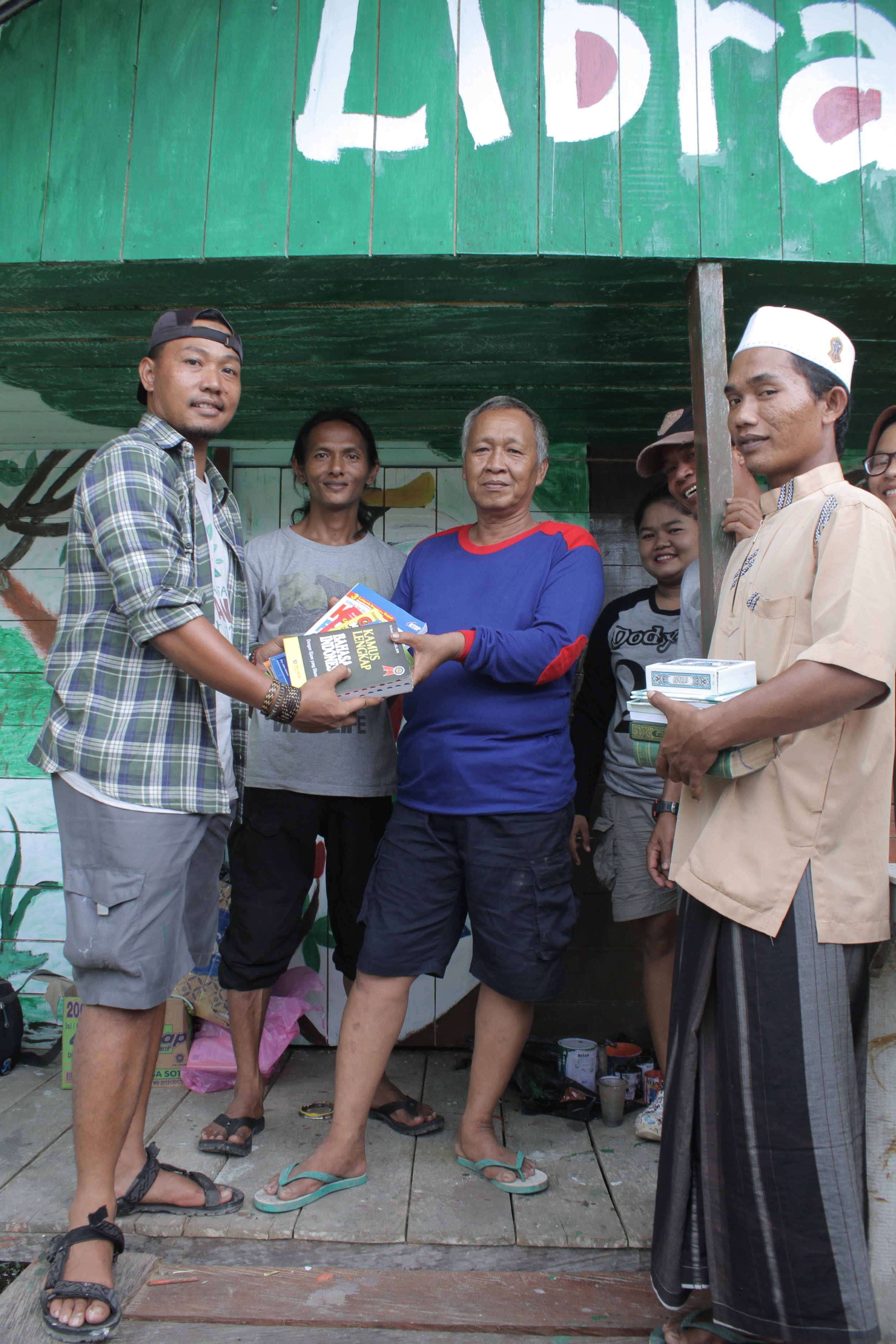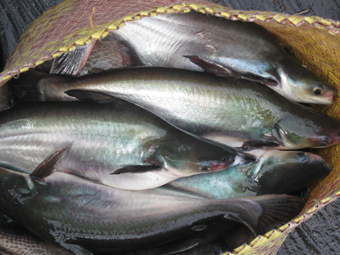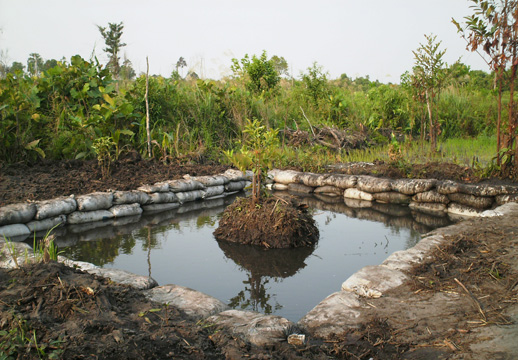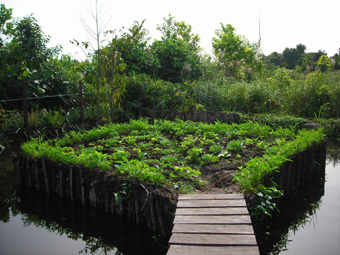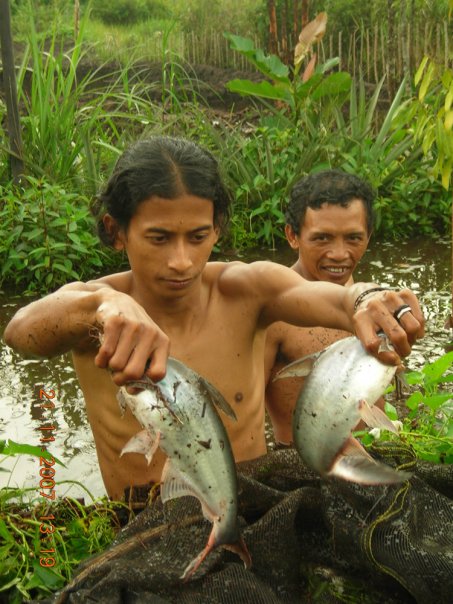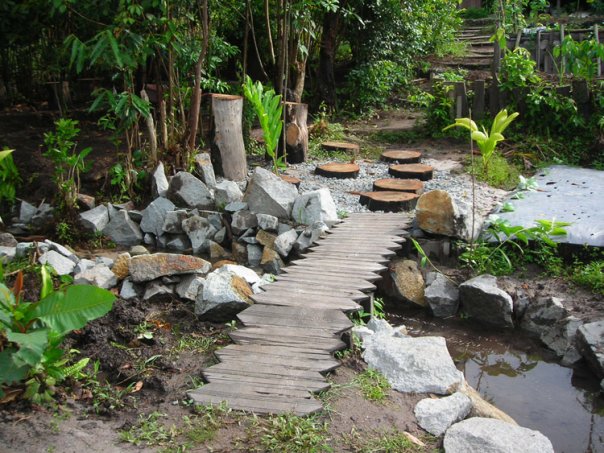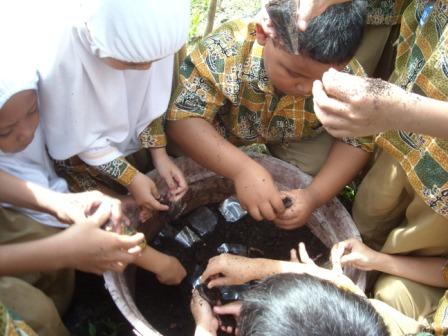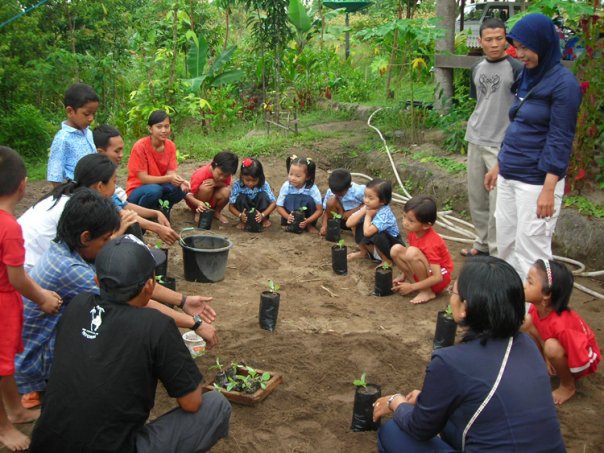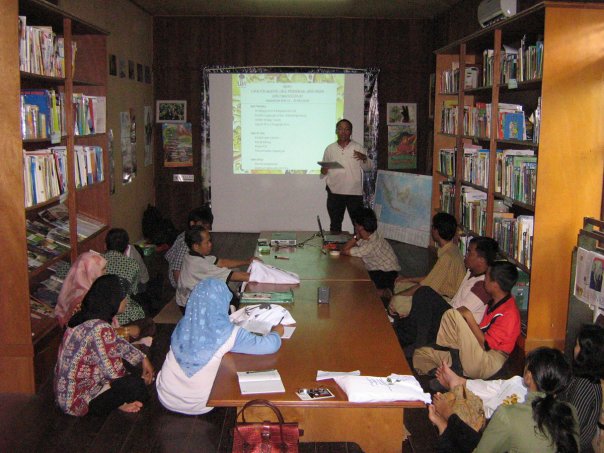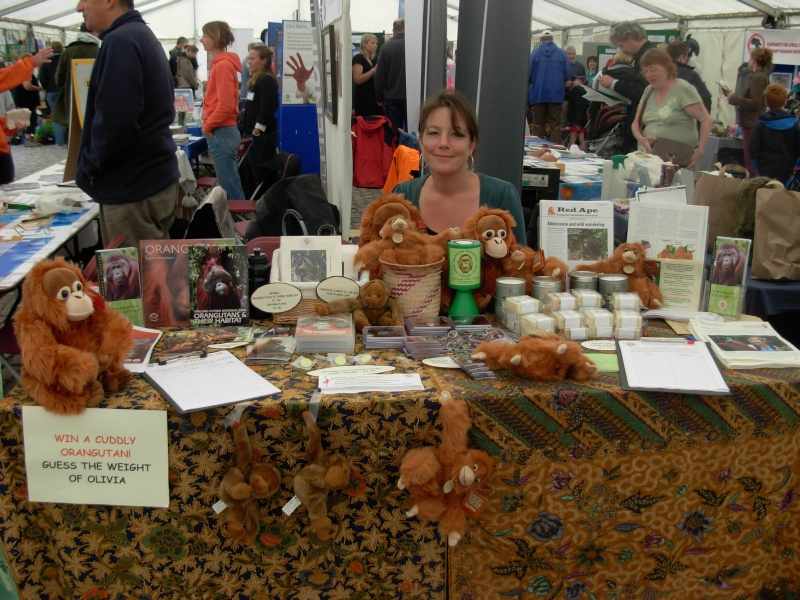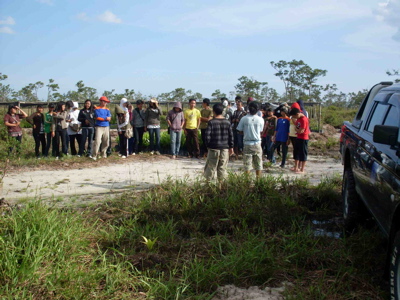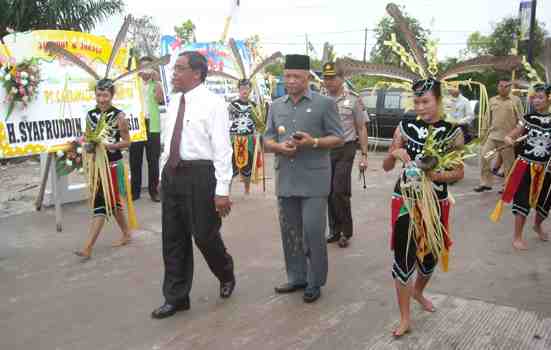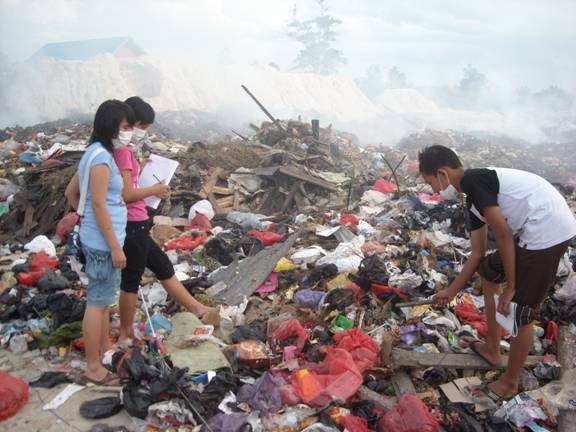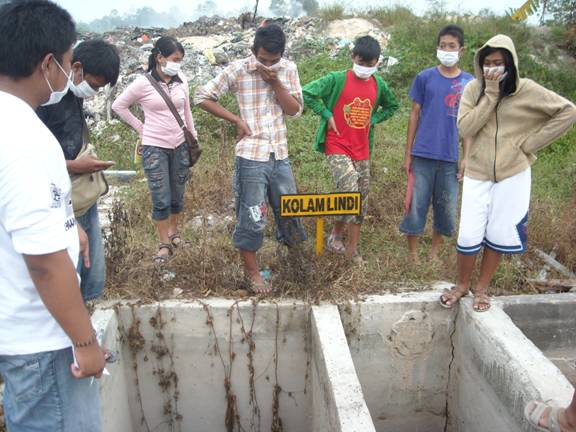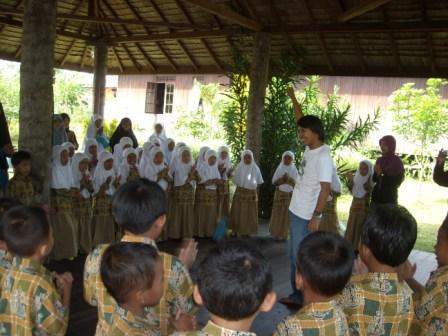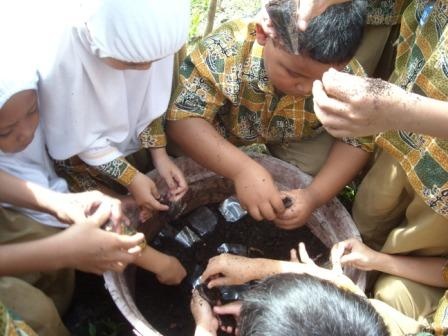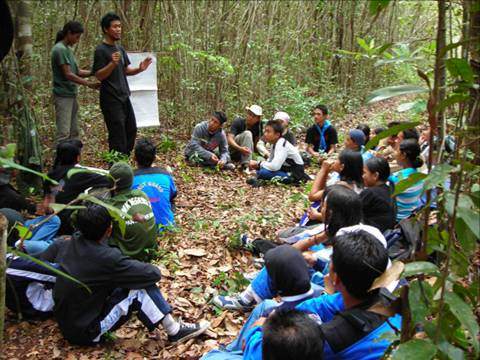Todays blog is a guest post by Gary Shapiro, Ph.D. Chairman, Orang Utan Republik Education Initiative.

Many orangutan groups work throughout the year to raise funds to support projects in Indonesia and Malaysia where wild and rehabilitant orangutans are found. But in 1995 when I was vice president of OFI, I began promoting the idea of a special week for orangutans as a way to focus collective attention on the plight of the species. While it was started under OFI’s banner, Orangutan Awareness Week became increasingly celebrated each year in November by more and more organizations and individuals.
At schools, zoos, malls, parks, restaurants and other public places, people learned about the orangutan and why its survival is being threatened. Importantly, people learned how they could help save the orangutan by participating with the various organizations that were doing the important work in the field.
In late 2004, my wife Inggriani and I started a new organization, the Orang Utan Republik Education Initiative (OUREI), and asked Parliament member and former Miss Indonesia, Angelina Sondakh to be our Indonesian “Ambassador”.

Angelina Sondakh - photo from Orang Utan Republik
One of the first things we did was lobbying the Indonesian government to recognize and support Orangutan Awareness Week through OUREI. During the process, it was suggested that the name be changed to Orangutan Caring Week as the Indonesian word for “awareness” did not sound as good as the word, “caring”. It also occurred to us that Orangutan Caring Week conveyed a more appropriate level of involvement we were seeking by the Indonesian people. We all agreed that being aware about orangutans was not enough. Collectively articulating a concern about orangutans would lead to the people demanding that more be done to save the species. So in November 2005, the Indonesian Minister of Forestry in a press conference at the Parliament Building, officially proclaimed “Pekan Peduli Orangutan” or Orangutan Caring Week.

Sumatran Orangutan Education Consortium pass out information and meet with visitors to Sun Plaza Mall, Medan. Photos from Sumatran Orangutan Education Consortium.
A dozen Indonesian conservation and orangutan groups held an exhibition in the lobby of the Parliament Building in celebration of the special week. The press and television media helped spread the message to millions of people throughout the archipelago.
With official recognition, Orangutan Caring Week has been celebrated in Indonesia each year since that time.
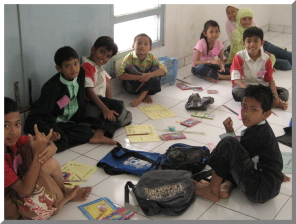
Children's drawing classes, OCW 2007. Photo from the Sumatran Orangutan Education Consortium.
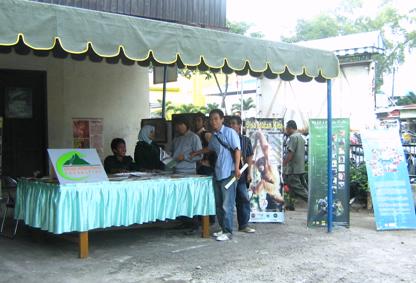
Photo fair at Islamic University of North Sumatra 2007 - Photo from the Sumatran Orangutan Education Consortium
Every year the event spreads to more cities and organizations including Java, Borneo, Sumatra and Bali. It is also acknowledged in other countries around the world including the UK, Australia, and the USA. While some organizations are still continuing to promote Orangutan Awareness Week, we should remember it is the collective message that is most important. Surely if we do our job well, we can enroll people to not only become aware of the species but to move them to action.
This year, Orangutan Caring Week and Orangutan Awareness Week are being celebrated over a 2 week period. From November 9-22 orangutan organizations and inspired people will be hosting a variety of events at various locales. On the island of Sumatra for example, the Sumatran Orangutan Consortium, an association of eight organizations (including Sumatran Orangutan Society, Sumatran Orangutan Conservation Program, Fauna and Flora International, the Orangutan Caring Club, Friends of the Orangutan, Leuser Foundation, the Orangutan Conservation Services Program, and OUREI Indonesia) will be holding a rally in Medan Square, passing out literature, screening films, and having open discussions on college campus.
Organizations in other countries will also be participating in events to draw attention to the great ape’s plight. In the UK , Orangutan Foundation will be holding “Orange for Orangutan Day” on November 14 and other awareness activities during the week. The Sumatran Orangutan Society will be holding events at Oxford University and surrounding areas. The Australian Orangutan Project has events taking place in a couple of their chapter regions: Western Australia and Queensland. Zoos such as the Greater Los Angeles Zoo are using the opportunity to increase awareness about all the apes including the chimpanzee, bonobo, gorilla, orangutan and gibbon (Ape Awareness Day: November 9). San Diego Zoo is holding Great Ape Awareness Days, November 13-16).
For more information about Orang utan Republik and how you can help visit www.orangutanrepublik.org
Thank you,
Gary Shapiro
